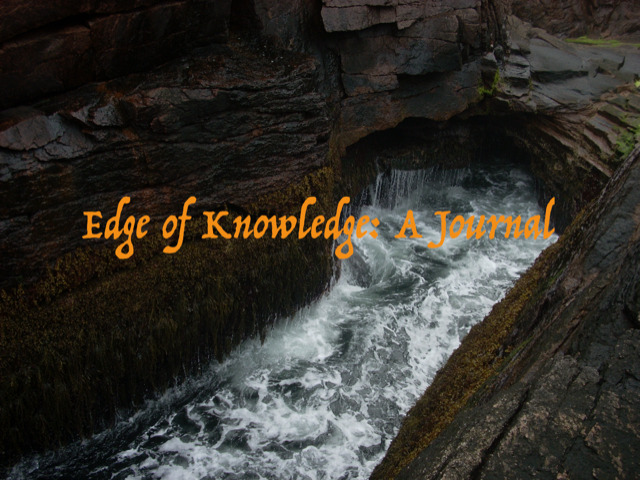
At first this produced an intoxicating feeling of emancipation, but eventually it became clear that if each one can have his own truth, then there is no more truth and the search for it itself becomes meaningless. Whatever brilliant theories and proofs we may devise and however useful their practical benefits may be, they ultimately leave us unsatisfied, because they do not connect us to a world in which we experience being at home. Rather they leave us ever more isolated from the world and from each other and relegated to the role of observer rather than participant. This sense of loss and futility is perhaps nowhere more poignantly captured than in “Faust” by Johann Wolfgang von Goethe (1749-1832). In the prologue, Mephistopheles is chatting with God about the current condition of humans on the Earth. God asks him “how all below is doing now”. Mephistopheles answers:
How men torment themselves is all I see.
The little god of Earth sticks to the same old way,
And is as strange as on that very first day.
He might appreciate life a little more: he might,
If you hadn’t lent him a gleam of Heavenly light:
He calls it Reason, but only uses it
To be more a beast than any beast as yet.
Far from being the source of his freedom and happiness, reason (that “gleam of Heavenly light”) has become a torment and made man even more beastly than any other beast. And as for the fruits of reason, in 1751 the first volume of the famous multi-volume Encyclopedia was published in Paris to tremendous acclaim and quite a bit of notoriety. Denis Diderot (1713-1784) and Jean d’Alembert (1717-1783), the two French philosophes who were the editors of this massive compendium, announced to the world that it contained nothing less than the groundwork for the basic facts and principles of all branches of knowledge, particularly in light of the major discoveries of the prior one hundred years.
Such was the hubris of the Age, and it was probably inevitable that it soon would be exposed and humbled. Again in “Faust” we read that all that knowledge actually amounted to nothing. In the words of Dr. Faust himself, who we meet in the opening scene where he sits “restless” at his desk:
Ah! Now I’ve done Philosophy,
I’ve finished Law and Medicine,
And sadly even Theology:
Taken fierce pains, from end to end.
Now here I am, a fool for sure!
No wiser than I was before:
Master, Doctor is what they call me,
And I’ve been ten years, already,
Crosswise, arcing, to and fro,
Leading my students by the nose,
And see that we can know – nothing!
. . . .
Instead all Joy is snatched away,
What’s worth knowing, I can’t say,







